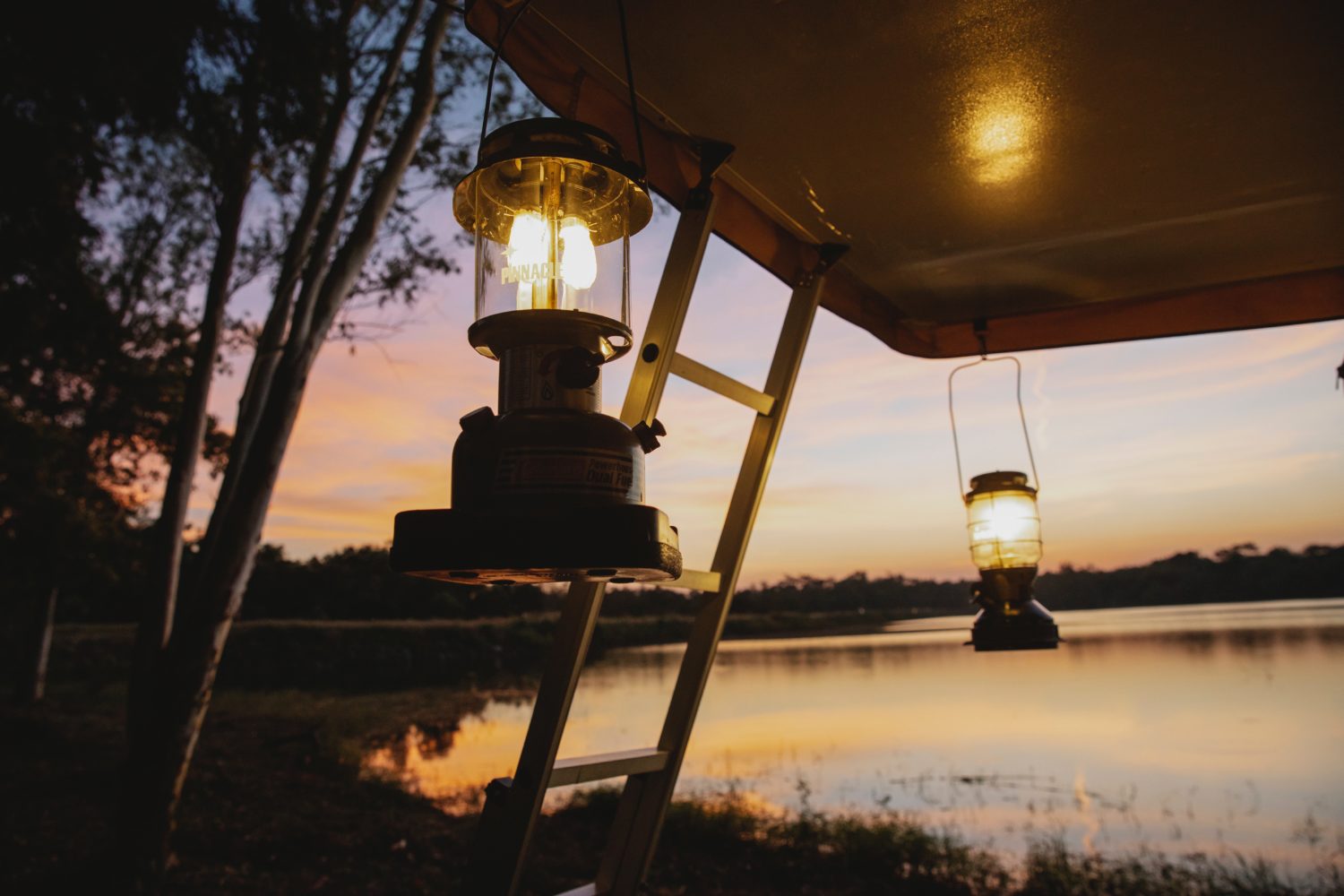
Camping is the best way to escape from hectic work routines, connect with nature, and find peace within yourself. However, camping solo can become an overwhelming and stressful process if not done the right way. Here are some proven tips you can follow to ensure you have a stress-free and fantastic time.
Work on the Basics
There are a few basic skill sets you need to have if you want to enjoy camping alone. These basic skills include:
- Knowing how to use a compass and navigate your way through the wilderness. Understanding how to navigate allows you to keep track of the trip and pinpoint your exact location in case of an emergency situation.
- Pitching a tent will be your next task when camping. Get familiar with the tent gear and review instructions if you feel confused when pitching the tent.
- Becoming adept at building a fire with minimum materials is also necessary as you would need a fire to keep you warm, ward off wild animals, and cook food.
- Ways to clean water which can include using water cleaning kits so you don’t end up getting sick.
- It is possible to encounter a wild animal during your camping tour. Knowing ways to handle these situations is necessary for your safety.
- The ability to conduct proper research on weather patterns and the forecast so you can plan the trip accordingly.
- Having information on various medical conditions and trauma situations. Furthermore, knowing how to provide first aid until you receive adequate treatment will be invaluable.
Spend More Time
To enjoy the true essence of camping, it is necessary to spend more than one or two days. You will experience sleepless nights and feel uncomfortable at first but as you spend more time and get used to the environment, things will get easier. Camping alone can also trigger a sense of fear, especially during the night. Even the sound of the leaves can scare you in instances like these. Practicing mindfulness is a great way of achieving peace of mind and seeing the situation in a positive light.
Plan Accordingly
Planning beforehand is crucial to making the most out of your trip. This includes choosing a location, checking the weather forecast, making a list of essential items, and much more. Some camping enthusiasts, who provide valuable camping tips on Smart Exploring, advise packing minimum luggage in your backpack so you don’t excessively tire yourself. Furthermore, you should share your plan and camping info such as the date of departure, the duration of stay, and the relevant details with some relative or close friend.
Location Devices
It is always best to bring an emergency device like a beacon, GPS device, or satellite phone so you can use it in case of an emergency. Most campers prefer a satellite phone to check in with family or contact help in case of an emergency. Such devices are necessary to have just in case you fall into unexpected trouble.
Avoid Eating Processed Food
Eating a bowl of noodles or eating processed snacks should never be an option during camping. Consider packing ready-to-eat meals that provide you adequate nutrition and the required nutrients to keep you healthy and active.
Maintain a Clean Environment
Always pack litter and dispose of it properly to ensure the environment remains clean. Practicing cleanliness at your campsite will keep the place in good condition for future campers to use.
Pick a Nearby Place
For your first camping trip alone, it is best to choose a campsite not far from home or one you have already visited with friends. Exploring new camping sites alone can result in an unexpected event or something going wrong. Knowing the area you camp at will not only ensure your safety but also allow you to feel comfortable and relaxed.
Pack Essentials Only
Never put anything in the backpack that you would not be using in the first place. Follow the list you made and only pack the essentials for a comfortable camping experience. Maintain a minimalist approach towards things to further reduce your backpack load. For example, packing a hammock instead of a tent will make your backpack lightweight and easy to carry.
Reading a Book
You might be surprised at the free time you will have when camping. As there will be no one to have a conversation with, carrying a book and reading it will surely kill time, allow you to learn something new, and assist in getting sleep.
Besides following the above-mentioned tips, you should always have an escape plan. It is best to be aware of nearby places to get help in case something goes wrong. While some campers see solo camping as an impossible venture, doing it the right way will help you enjoy your time and make the most out of it.







